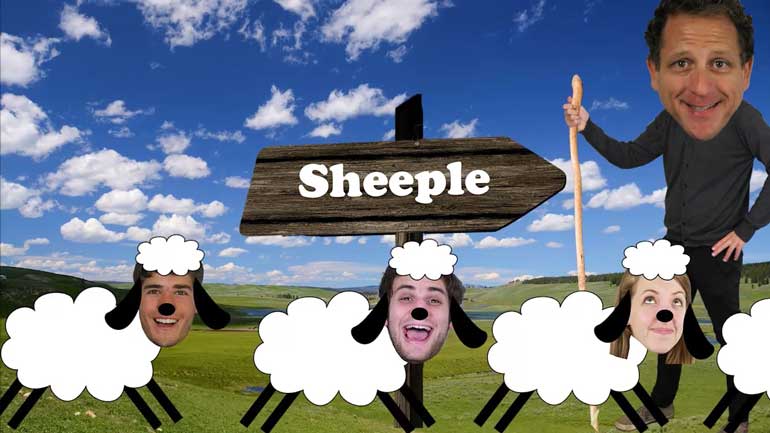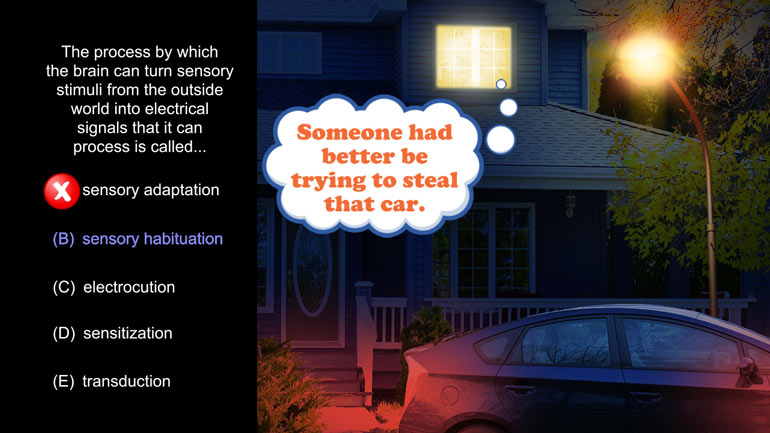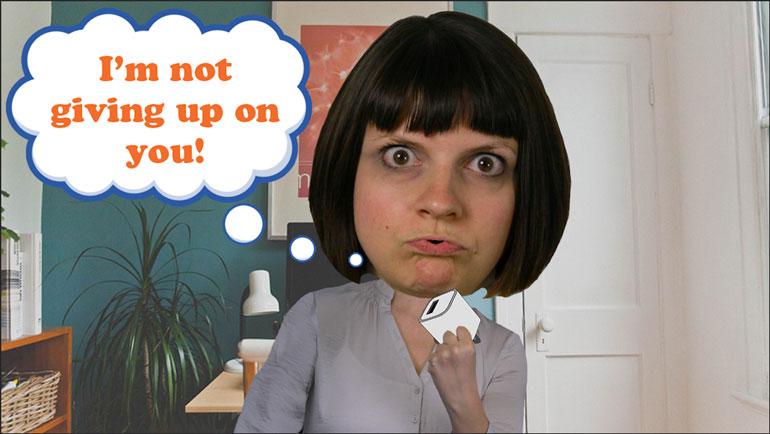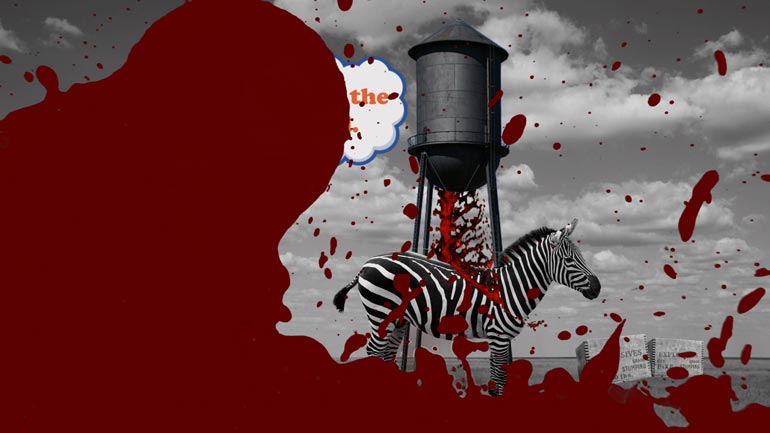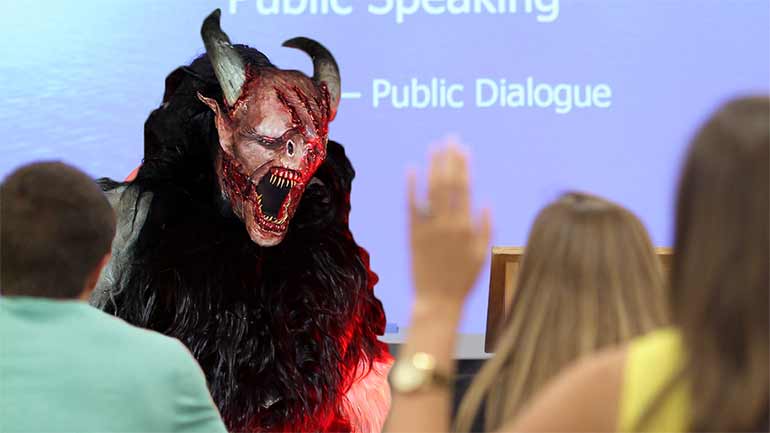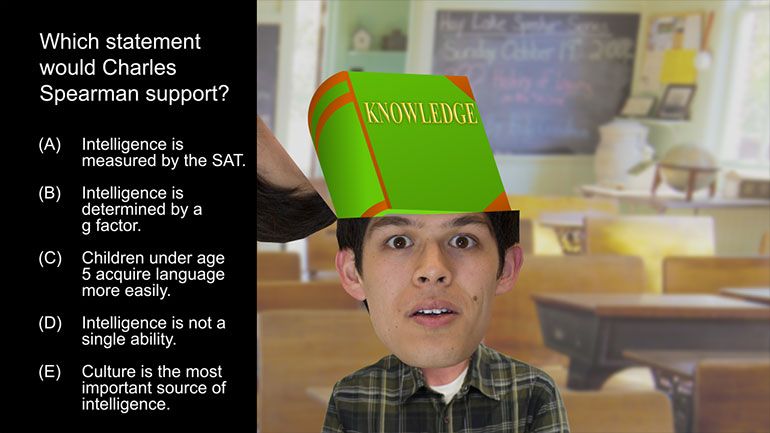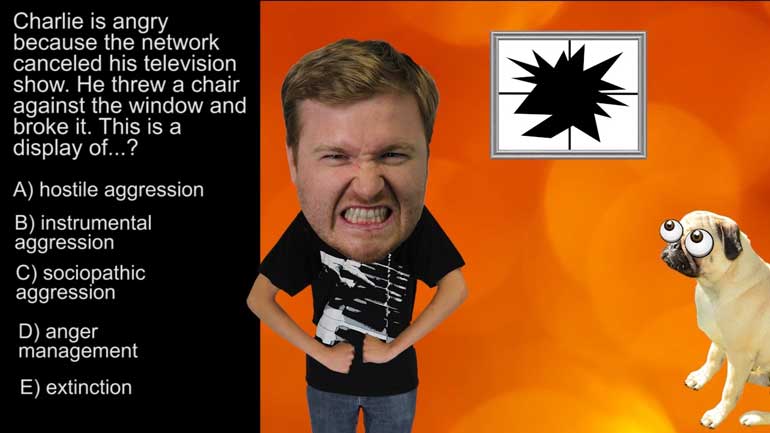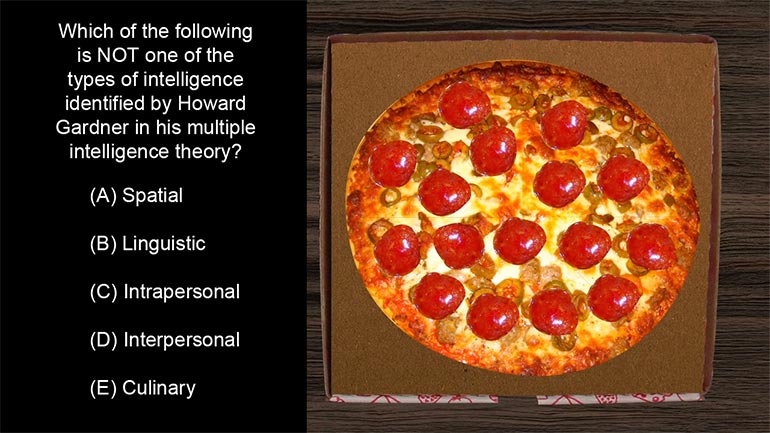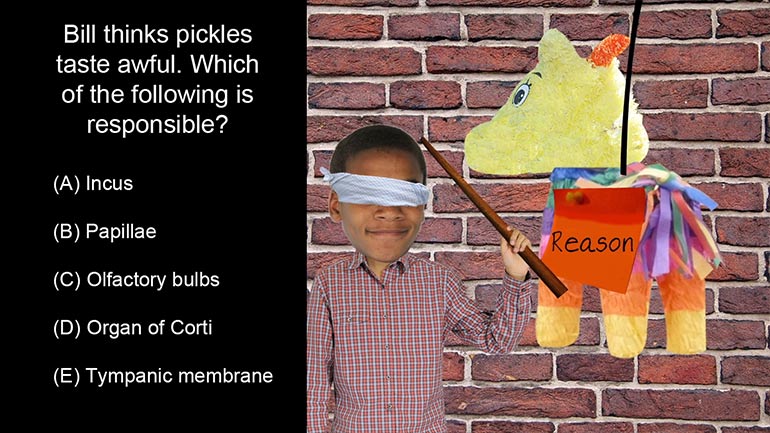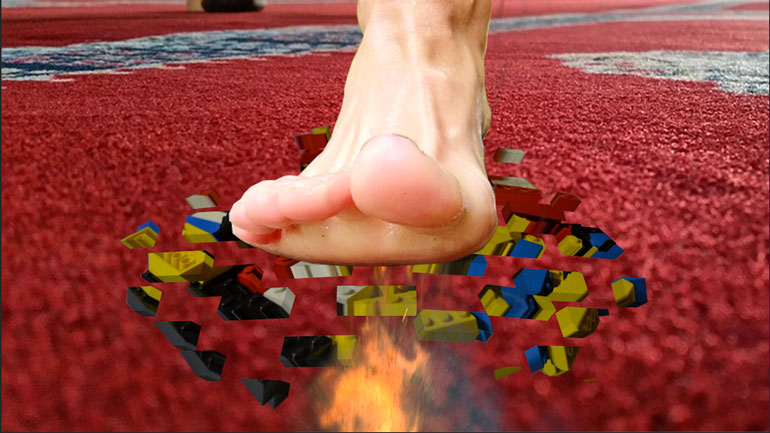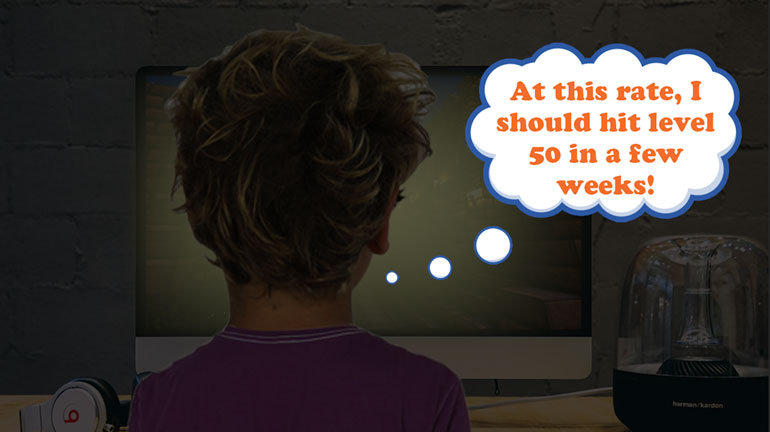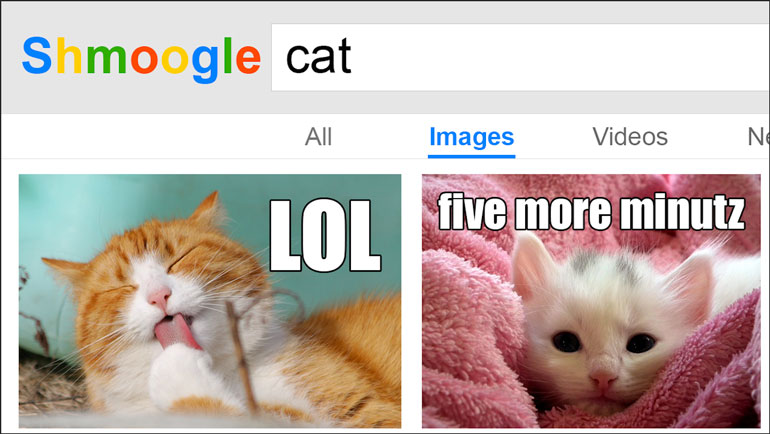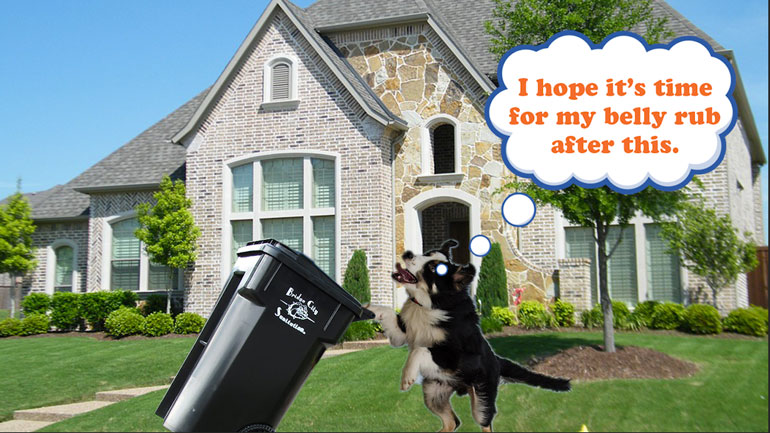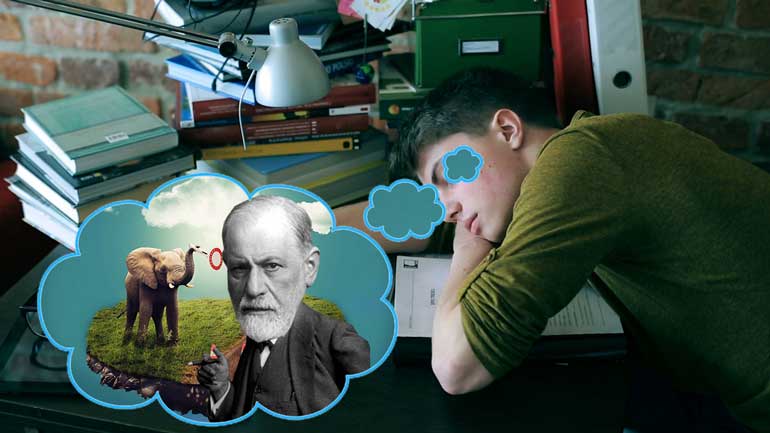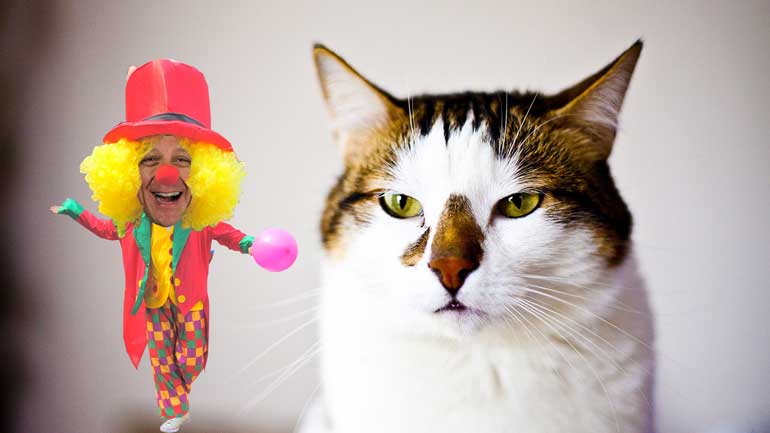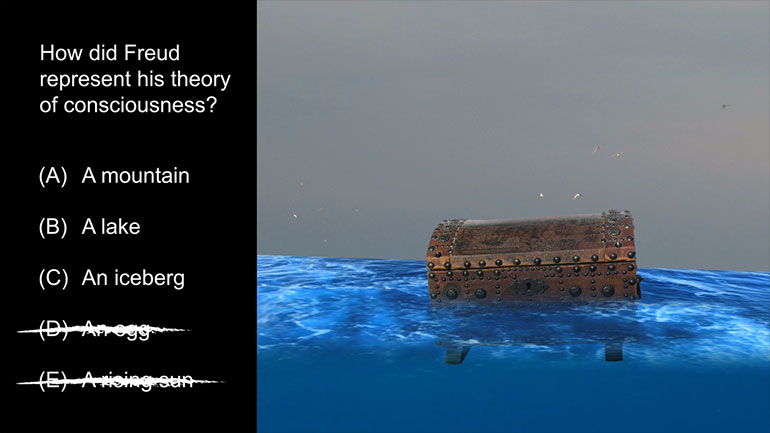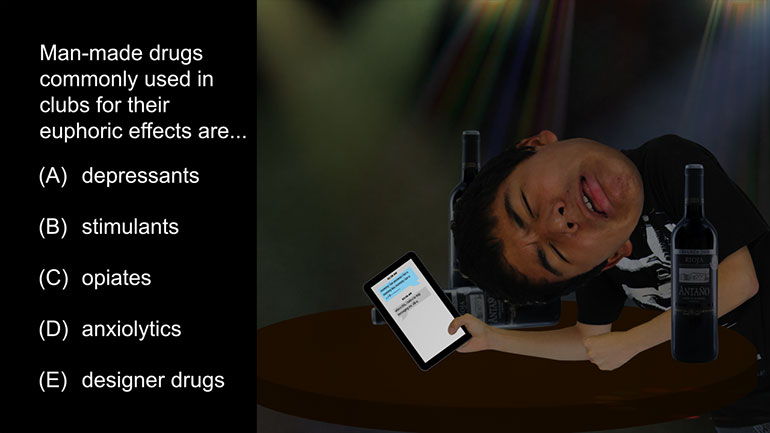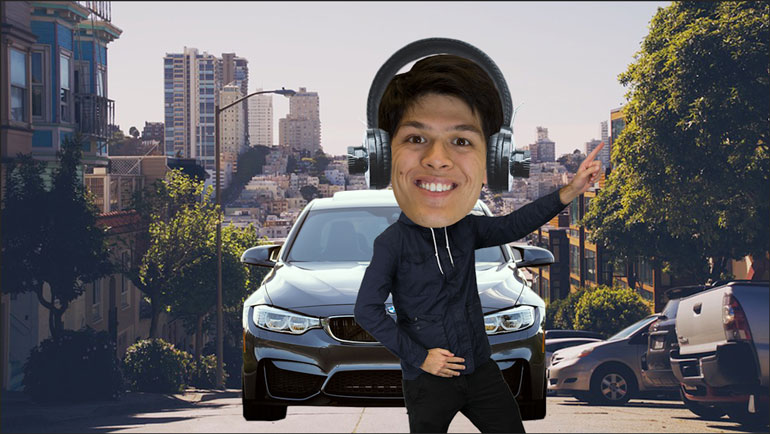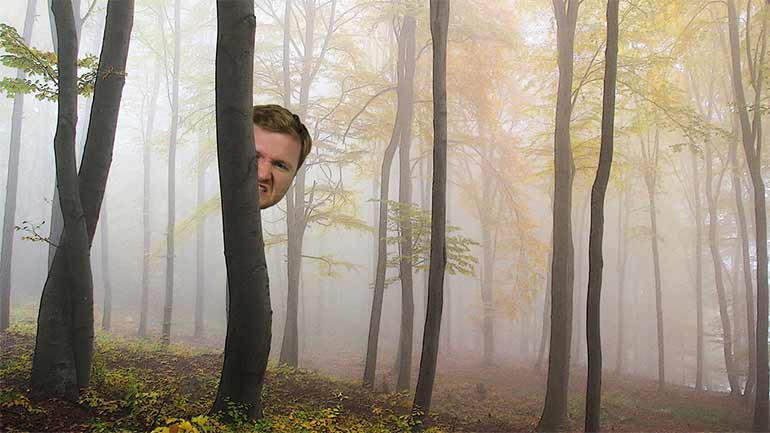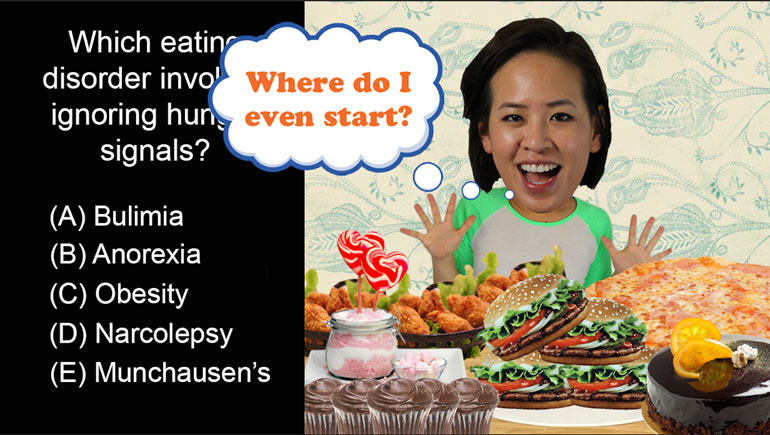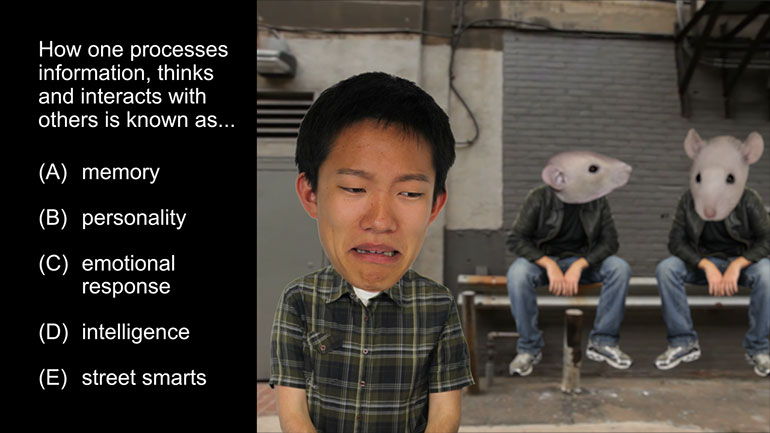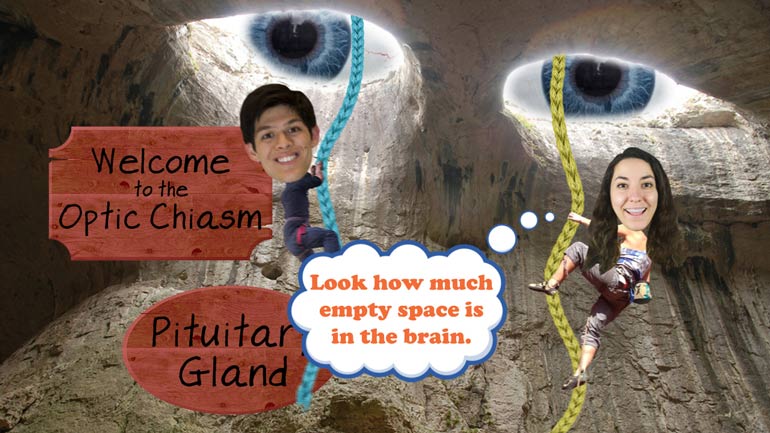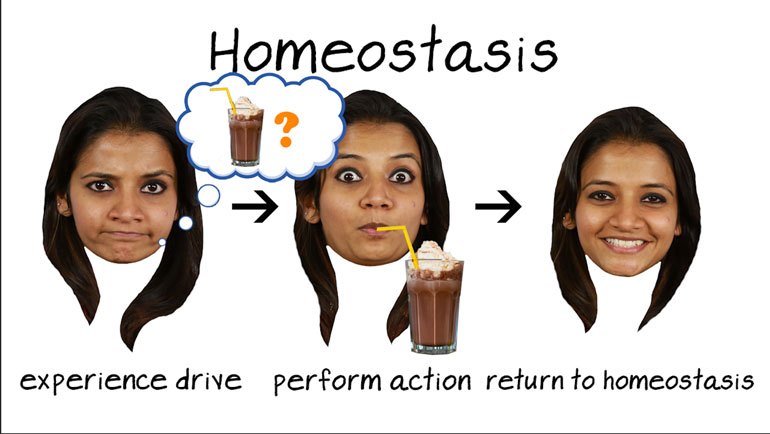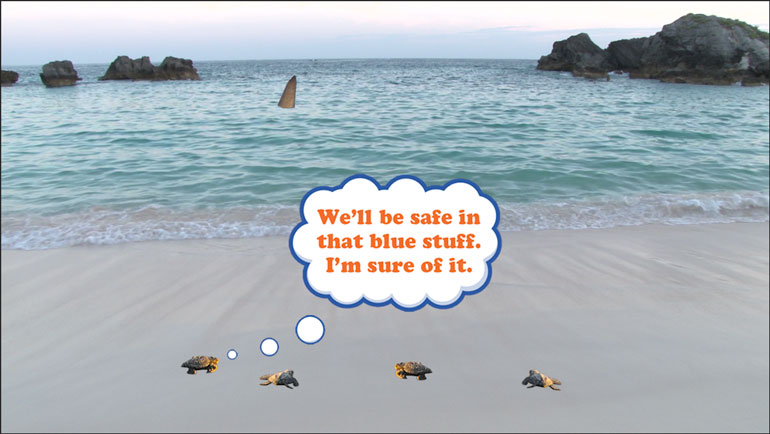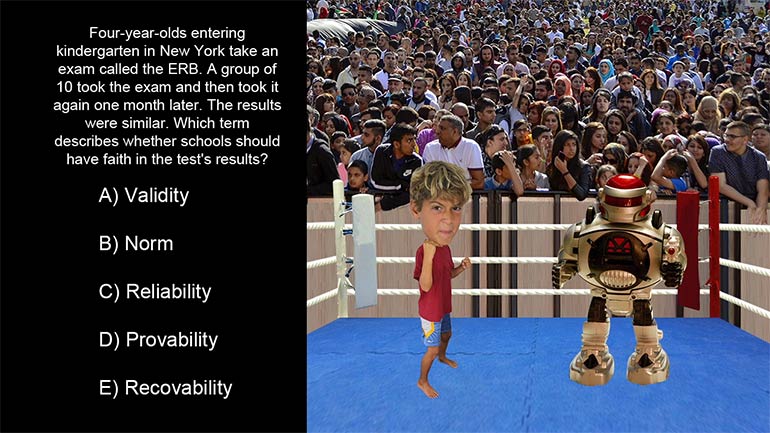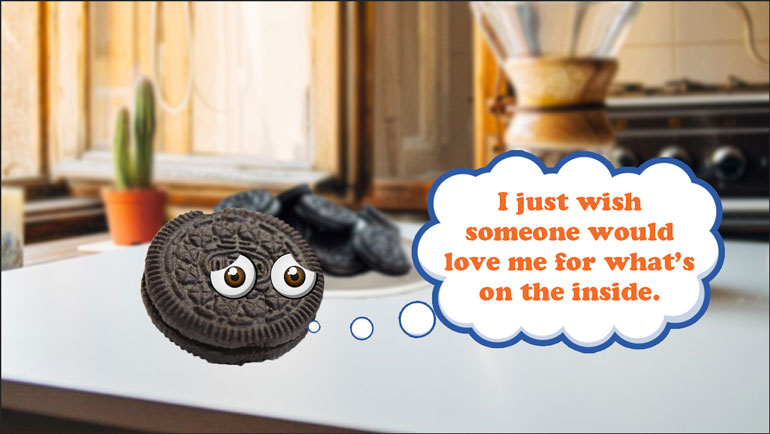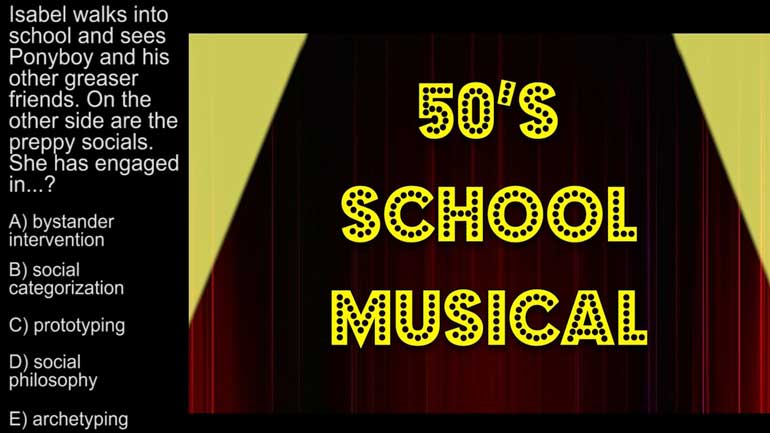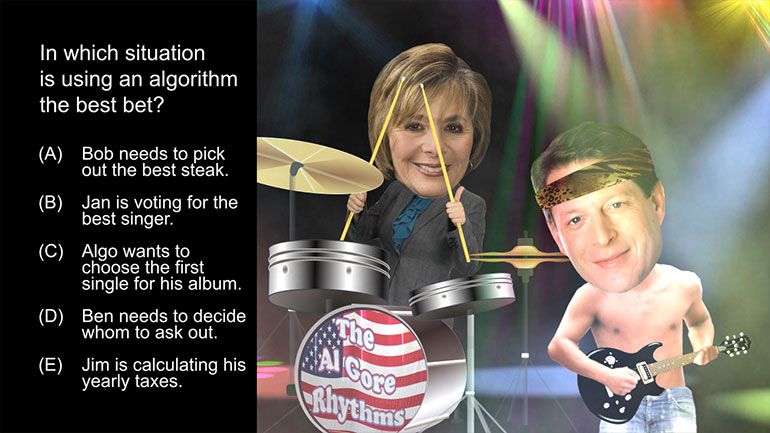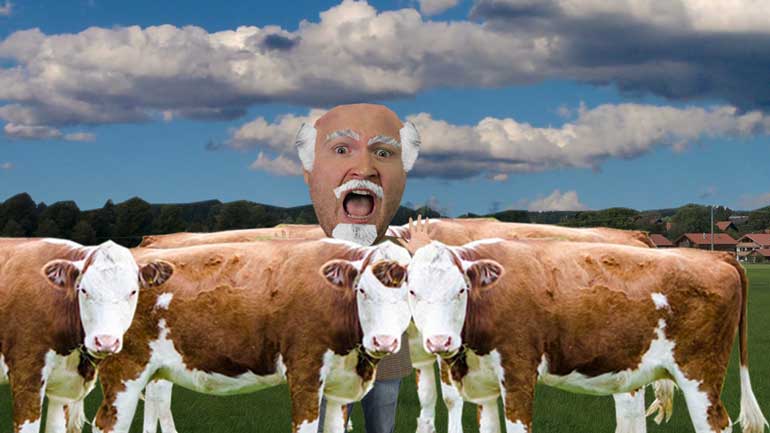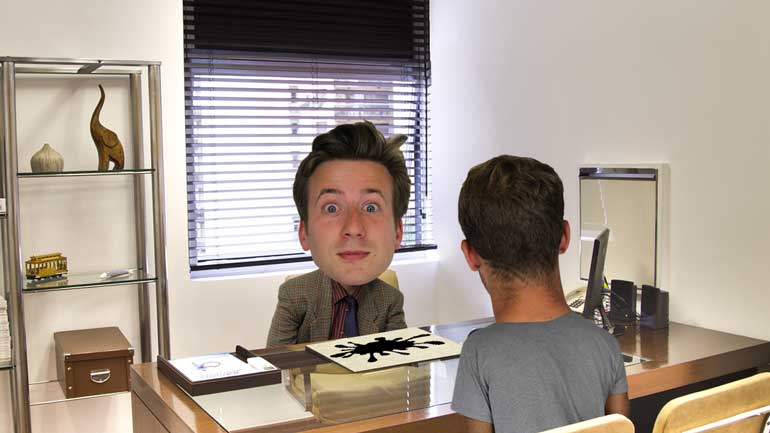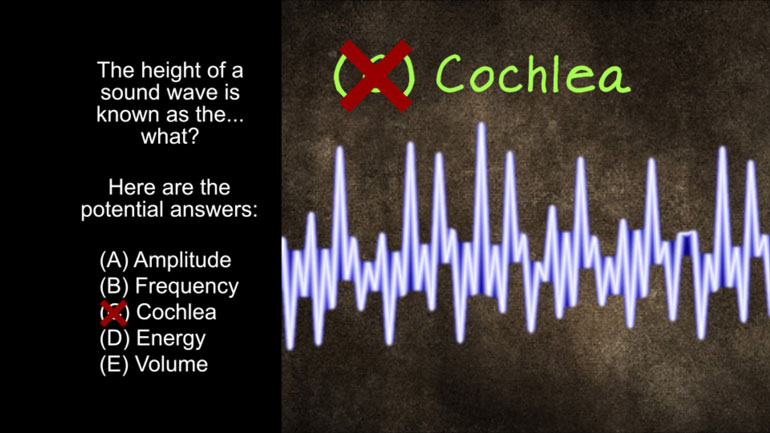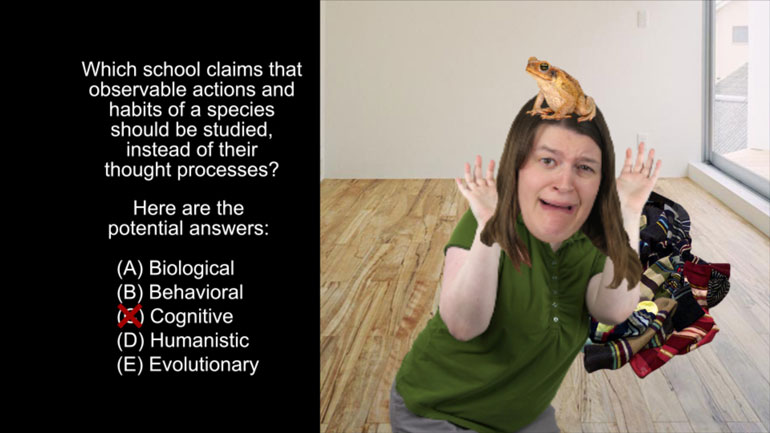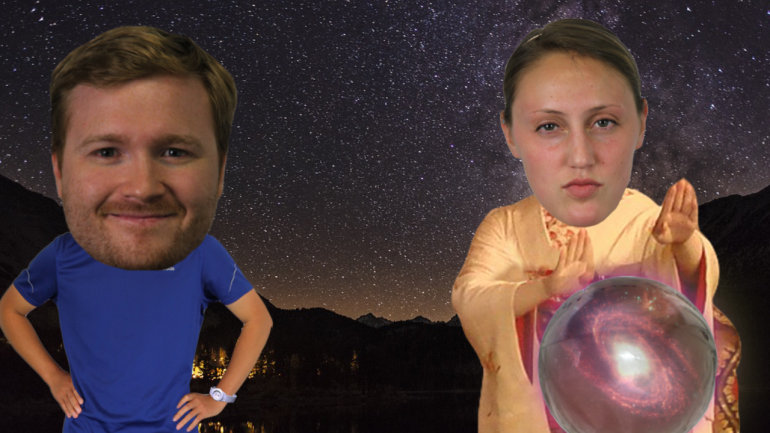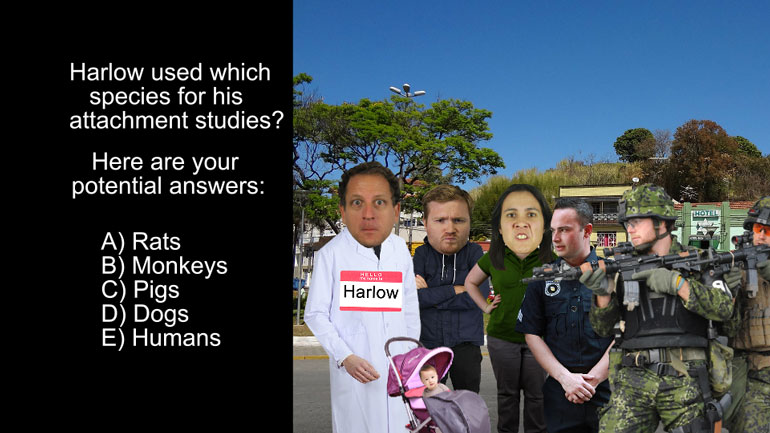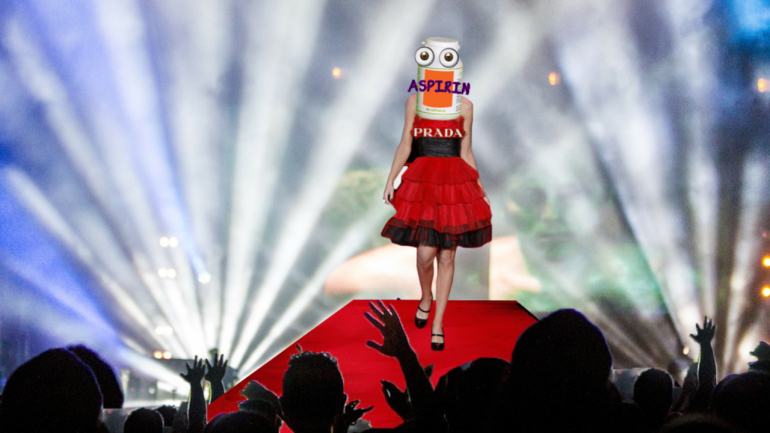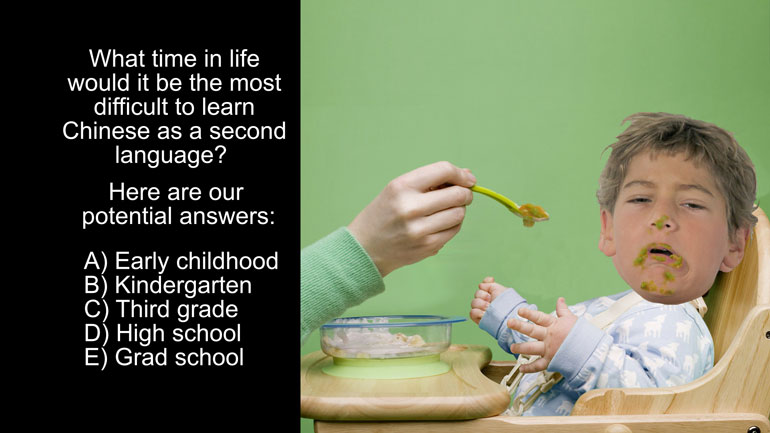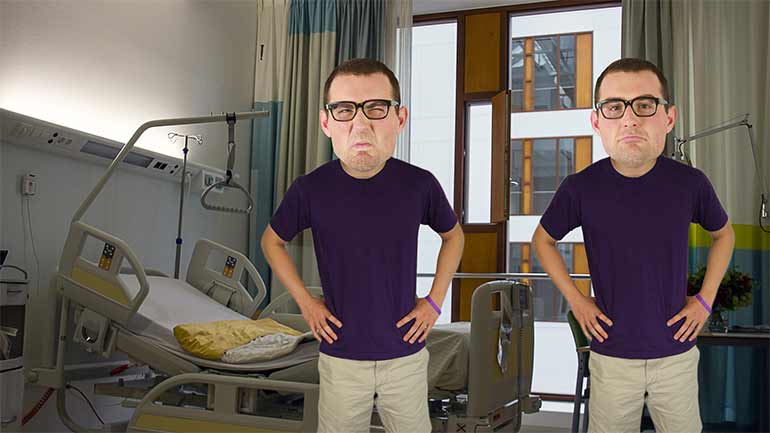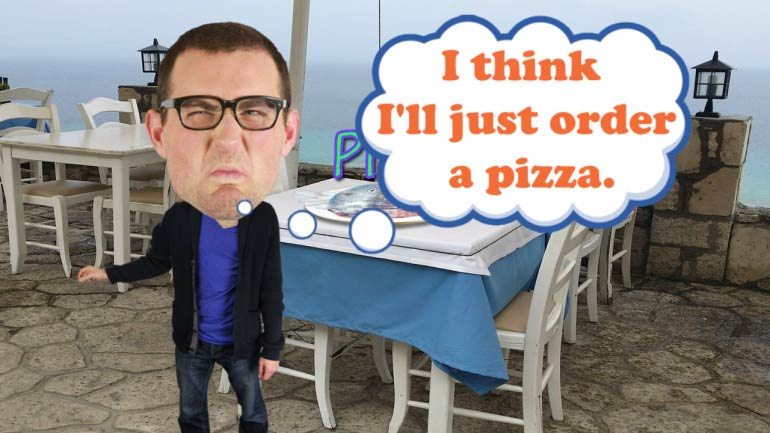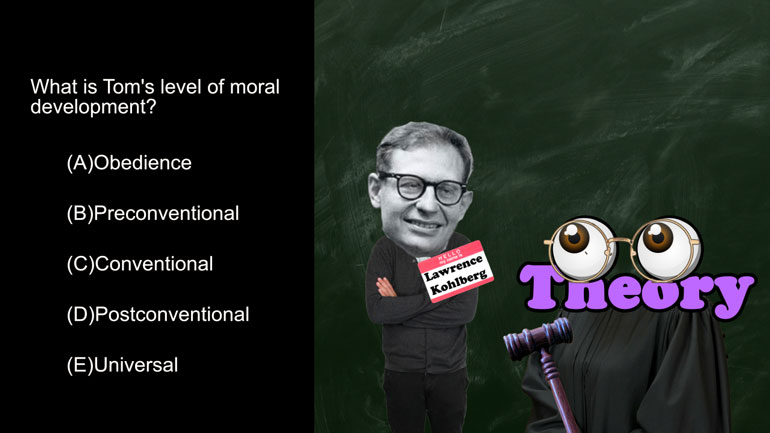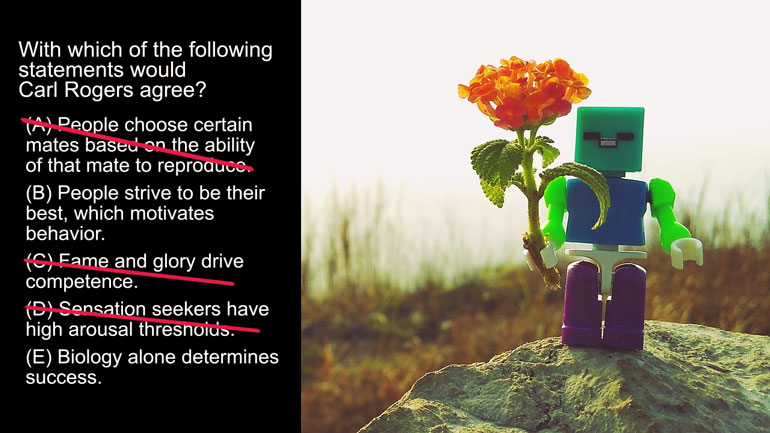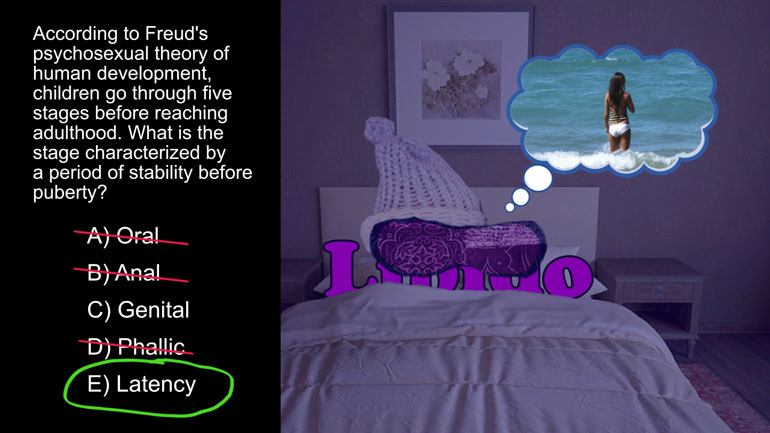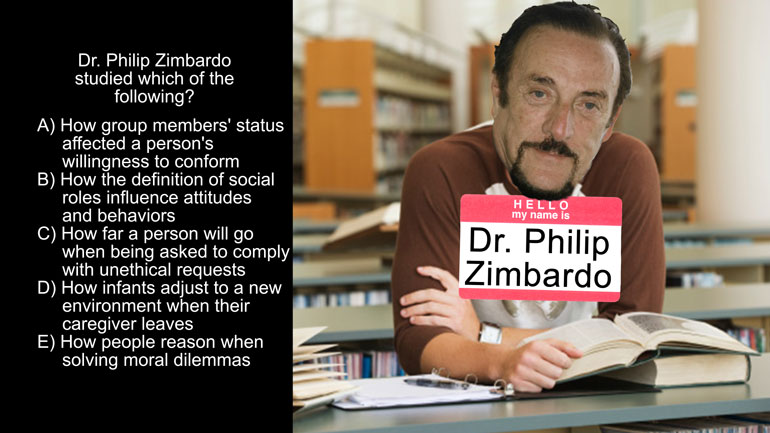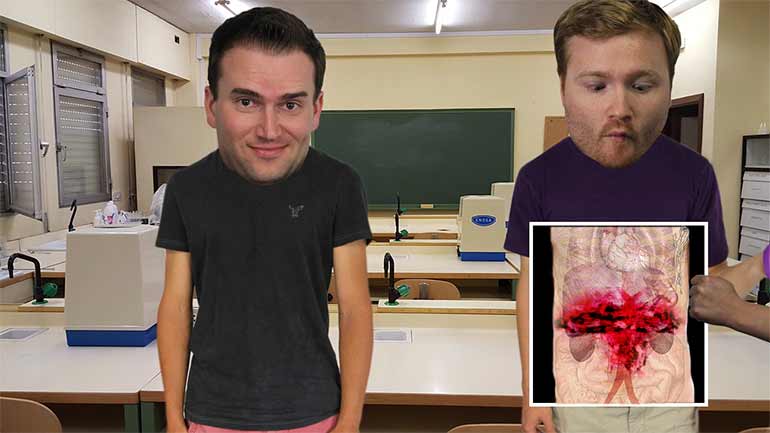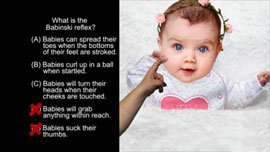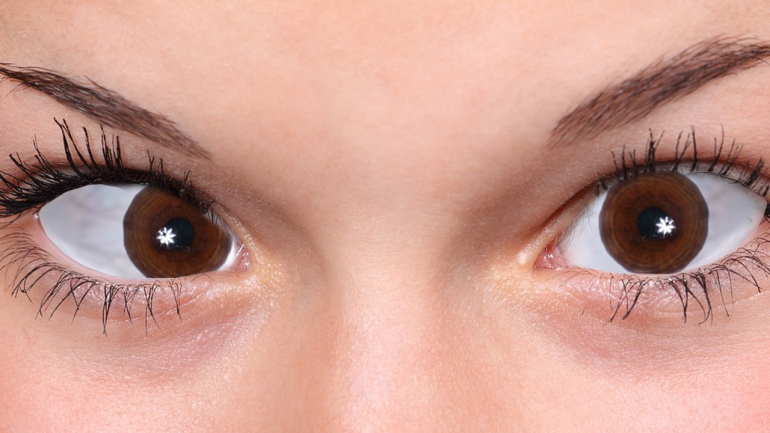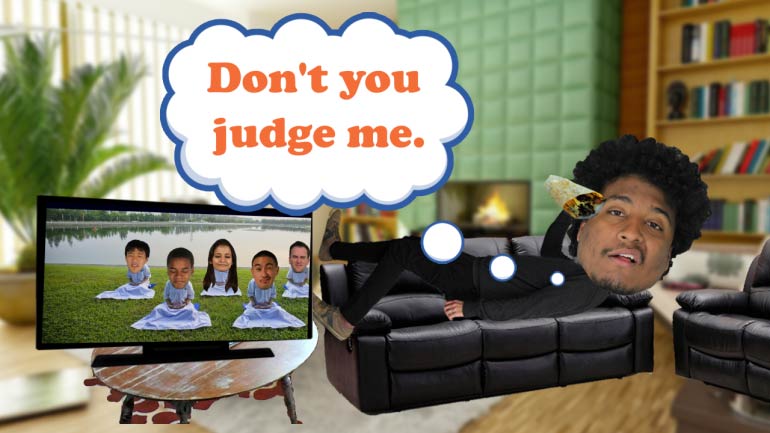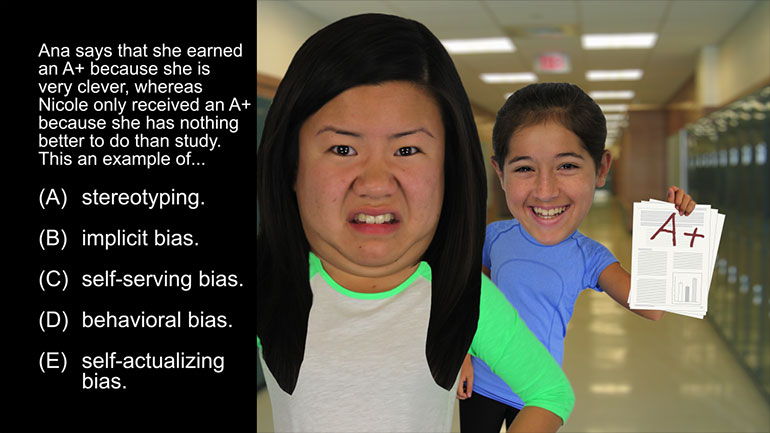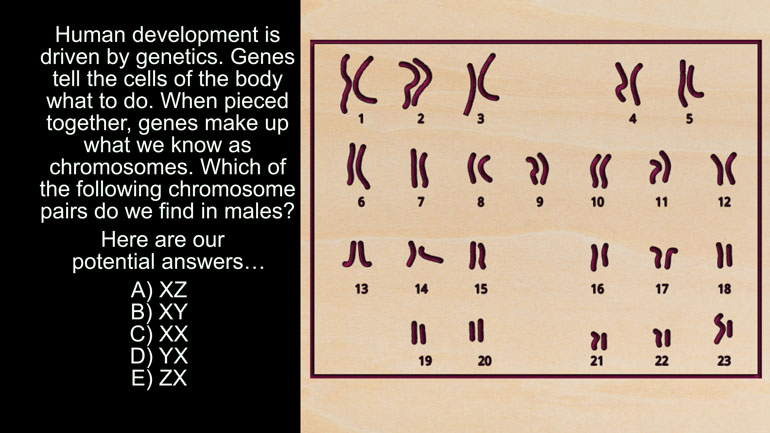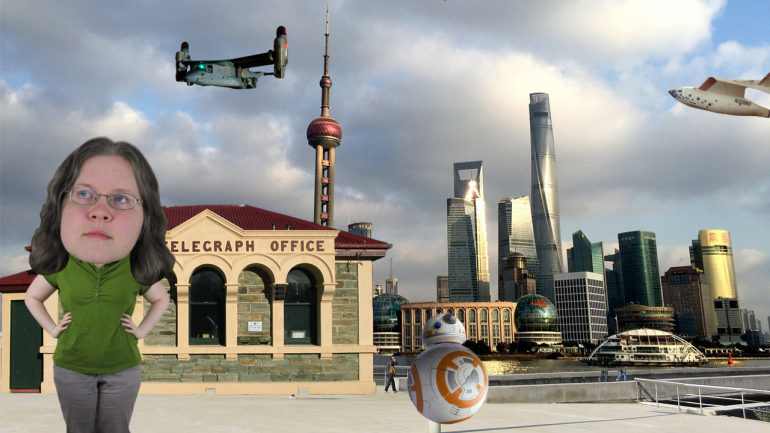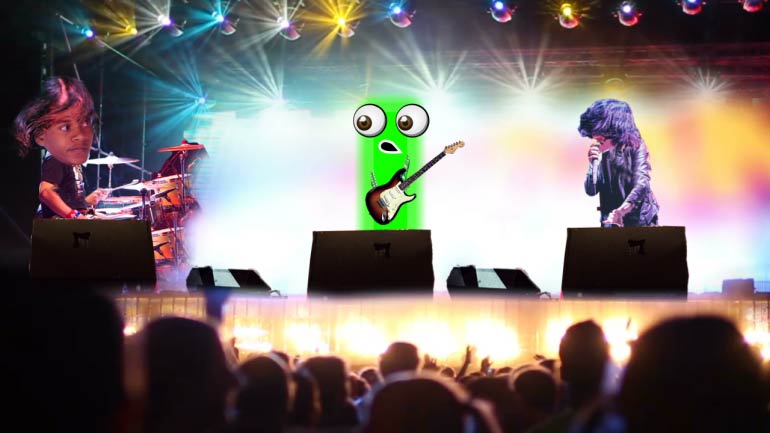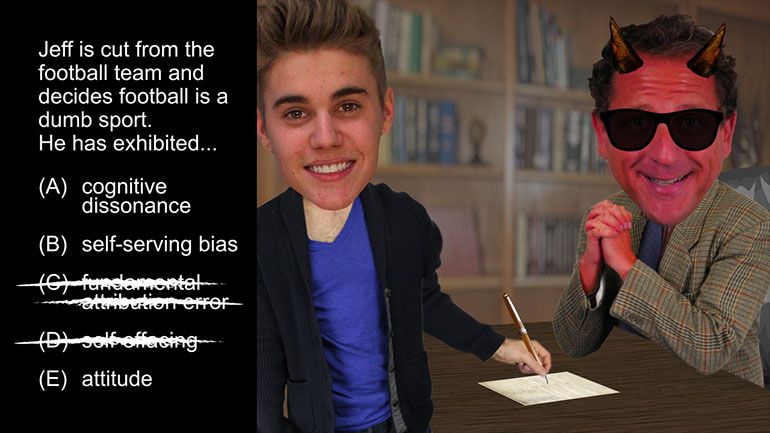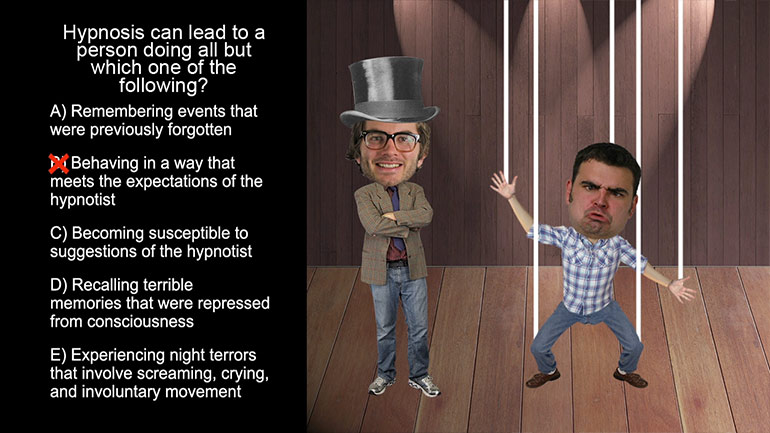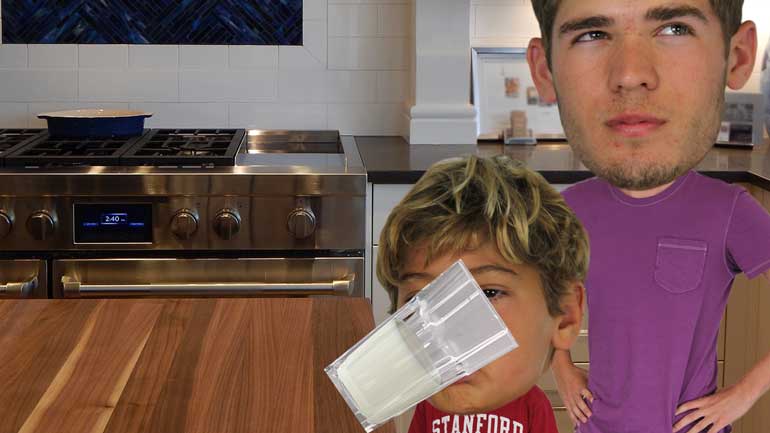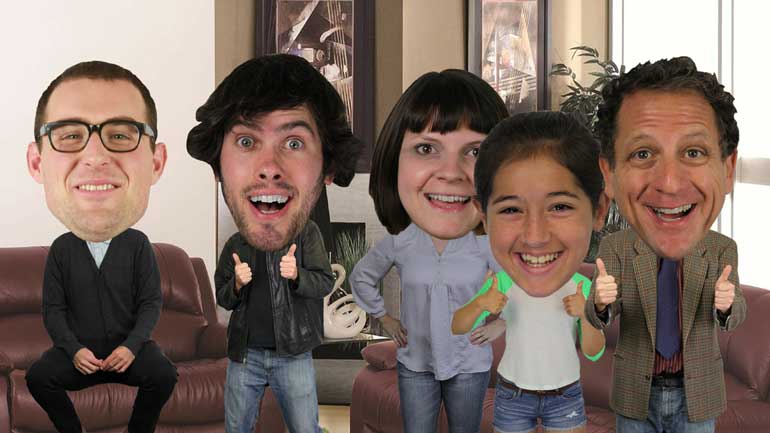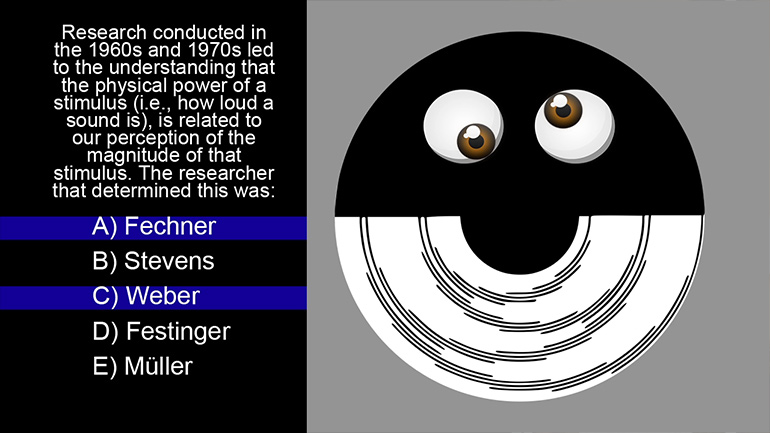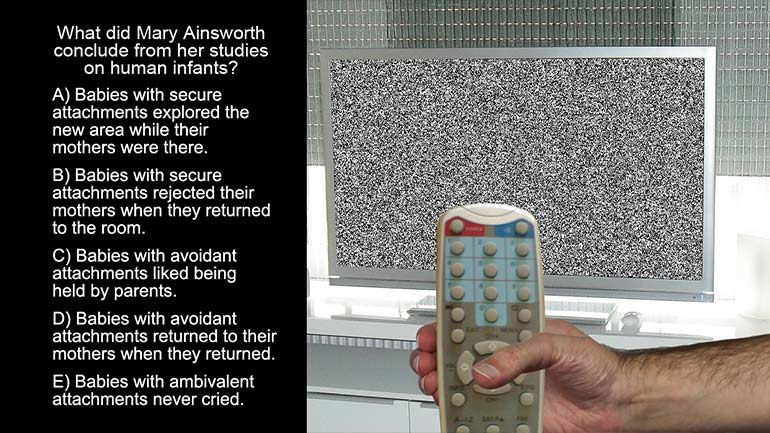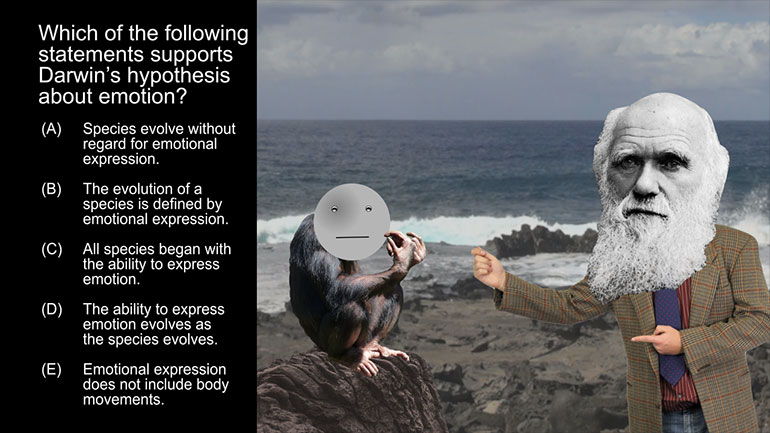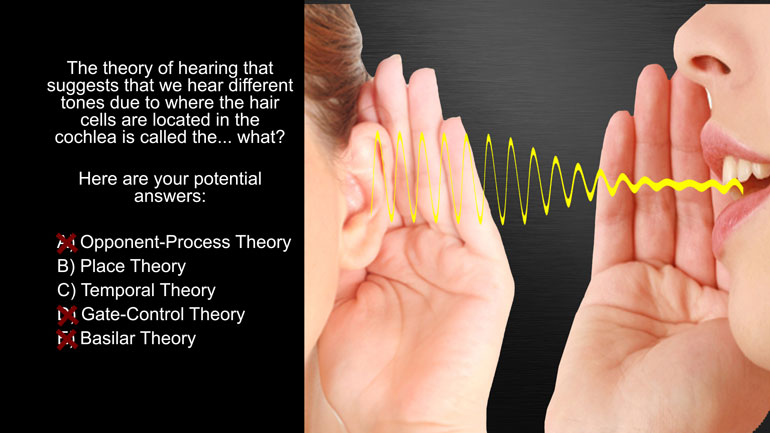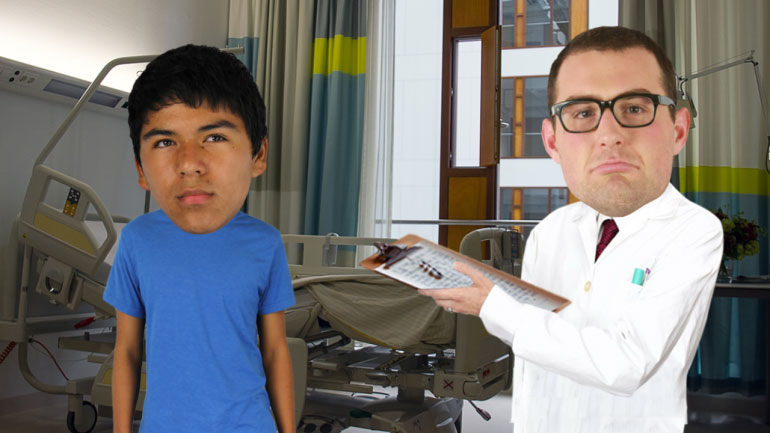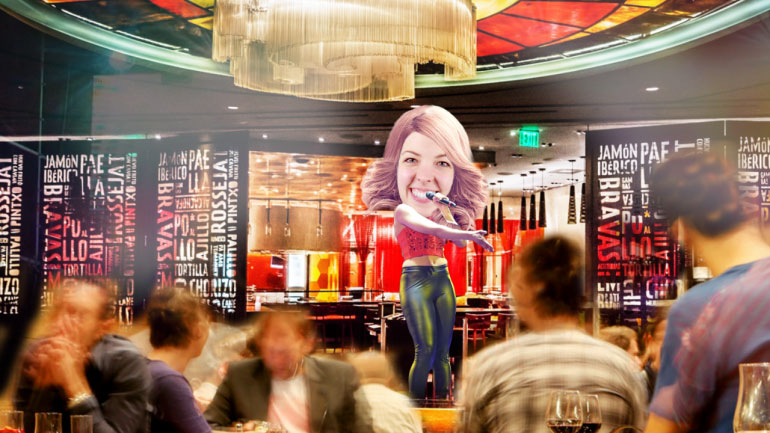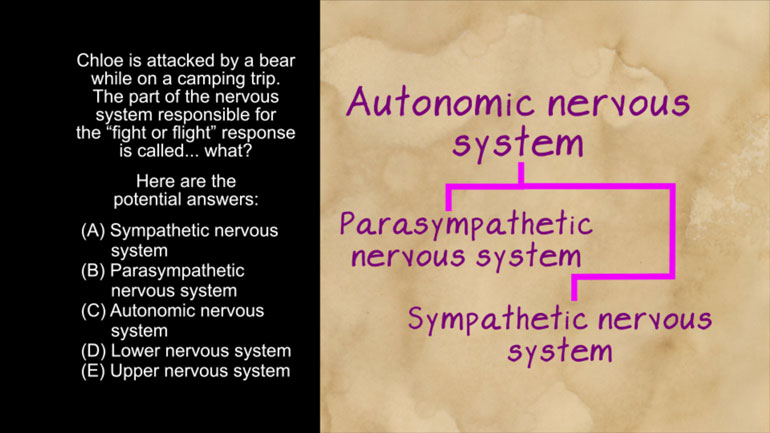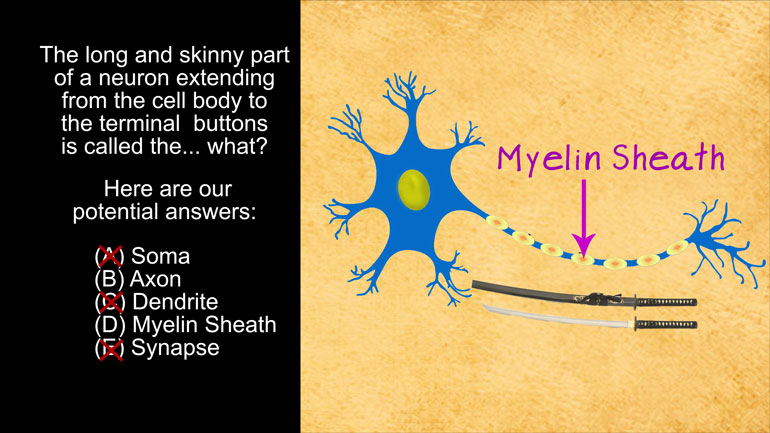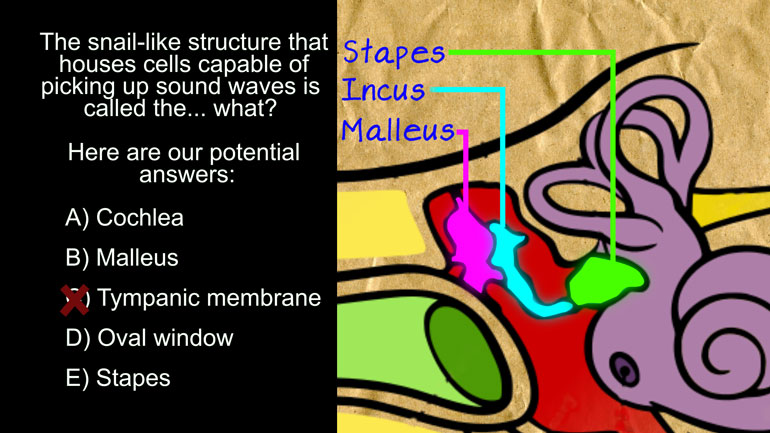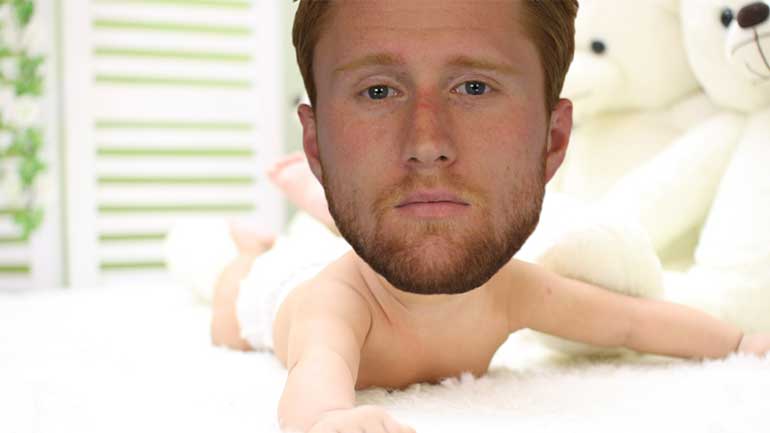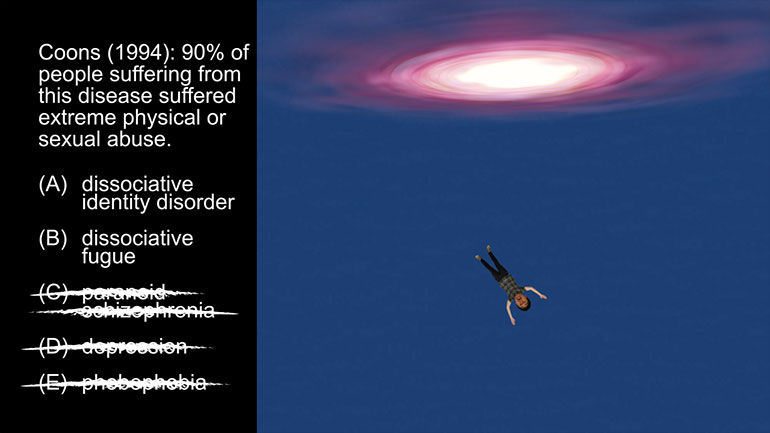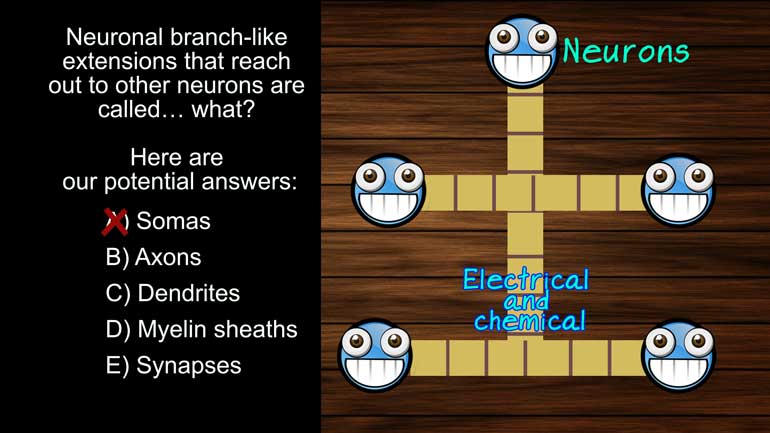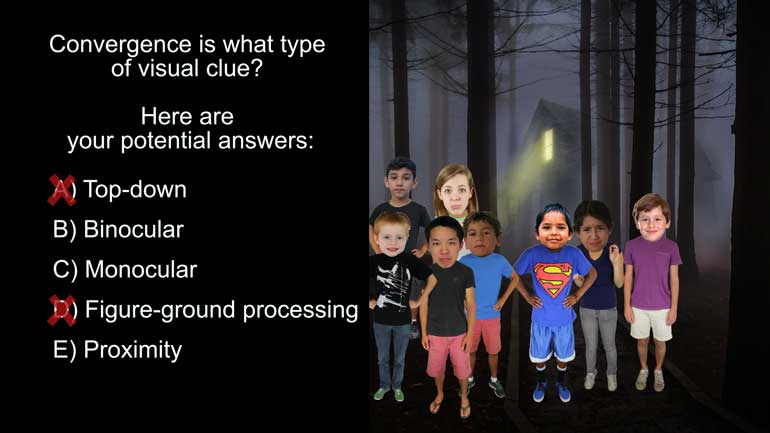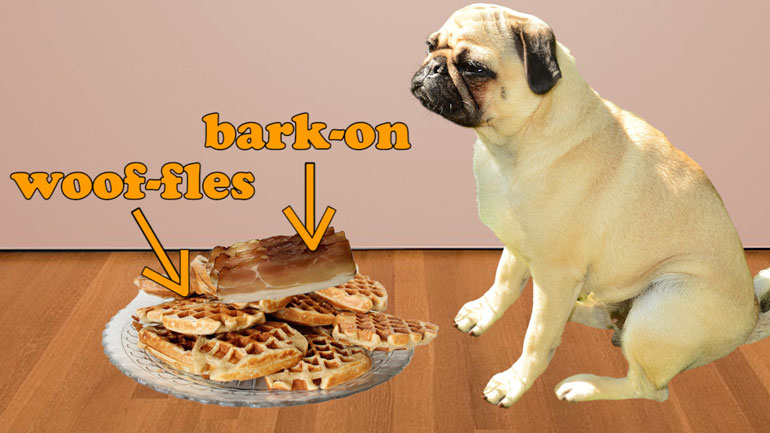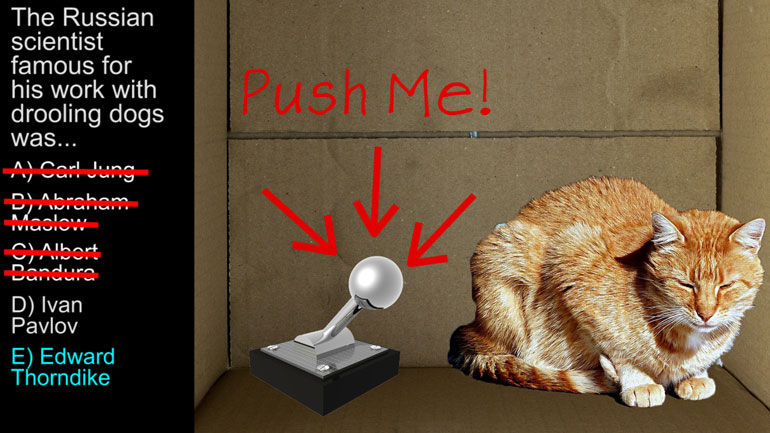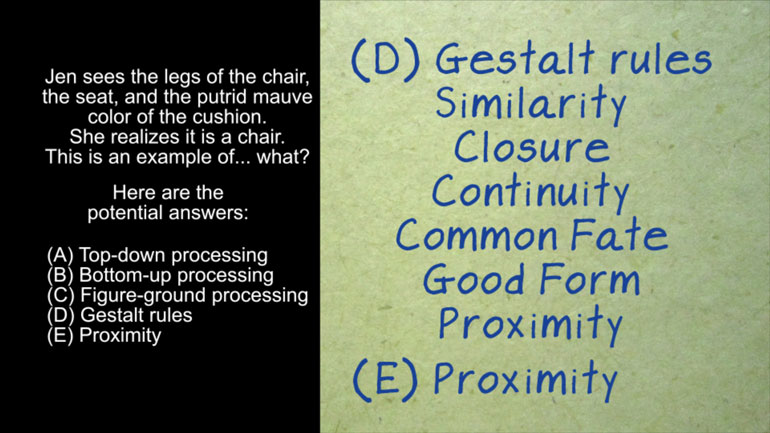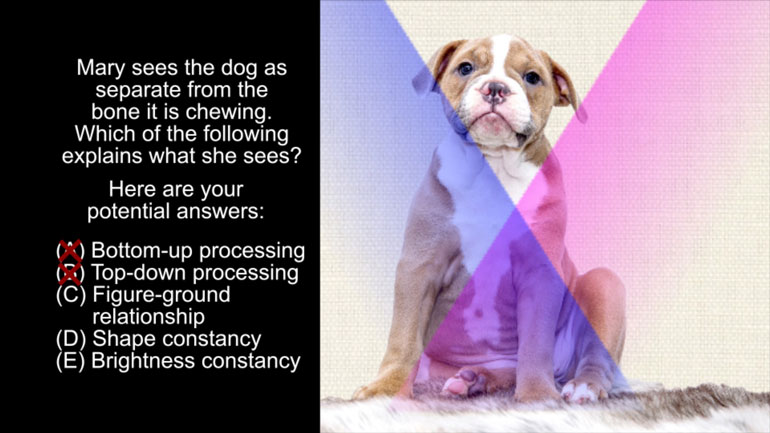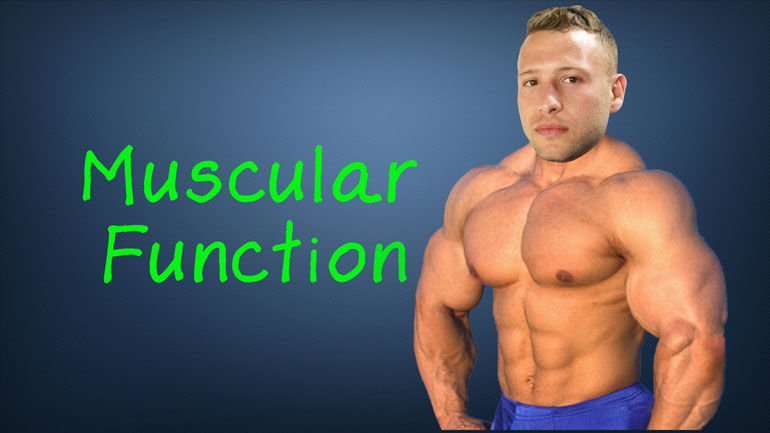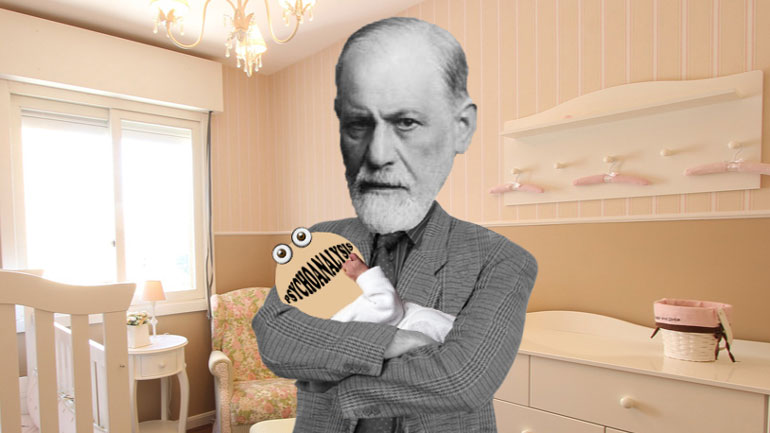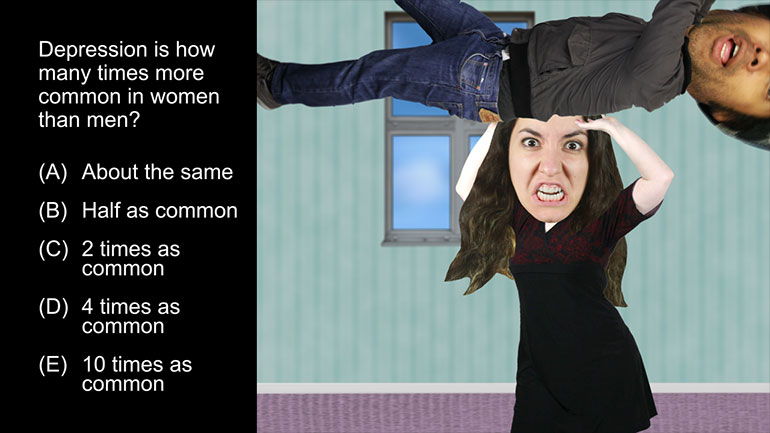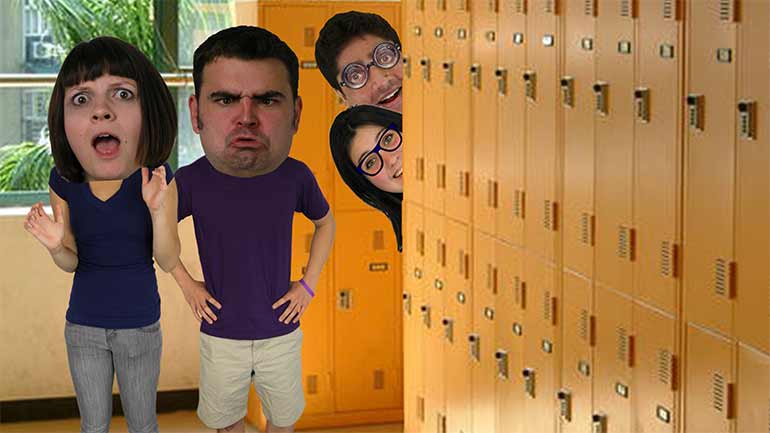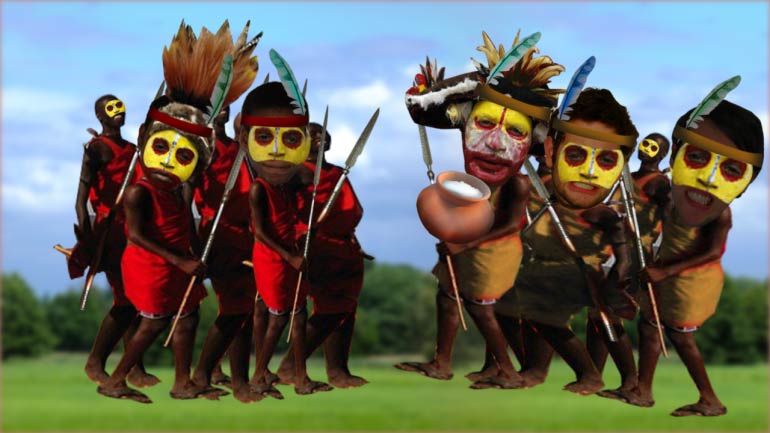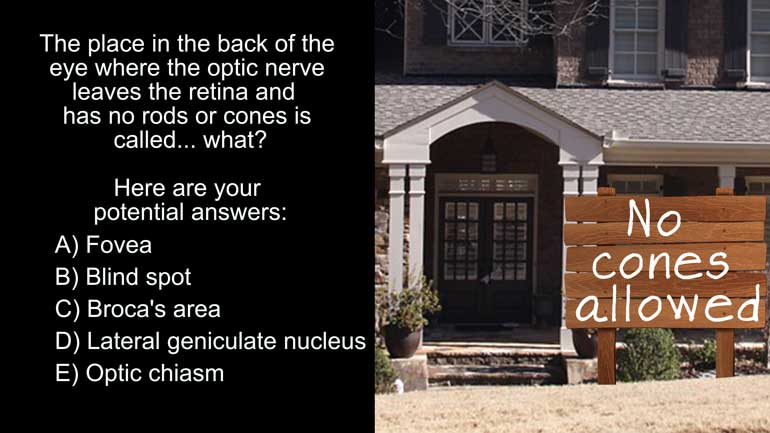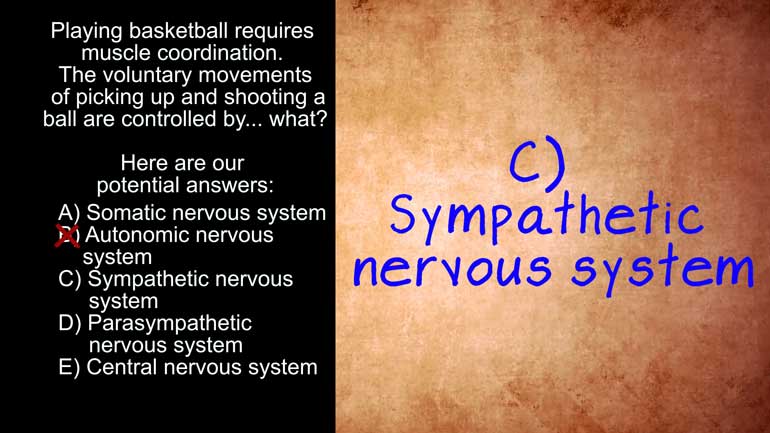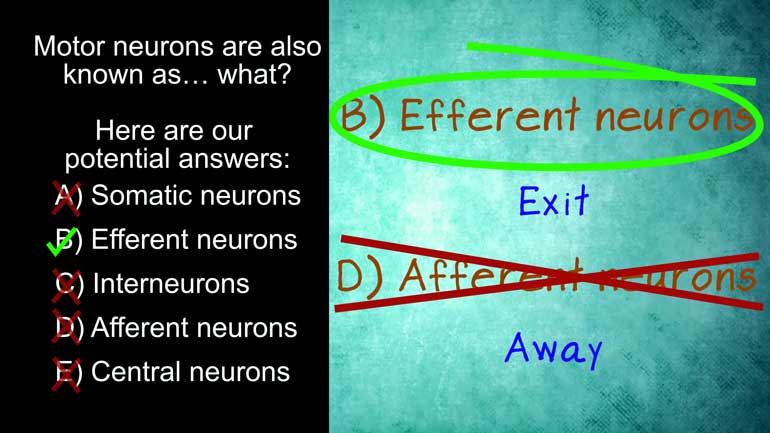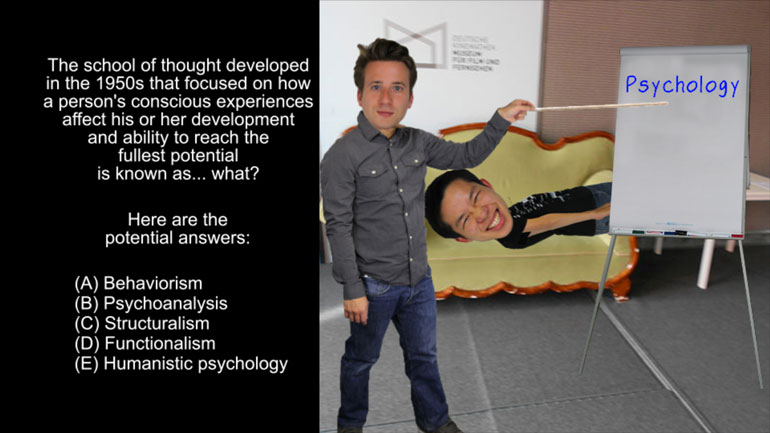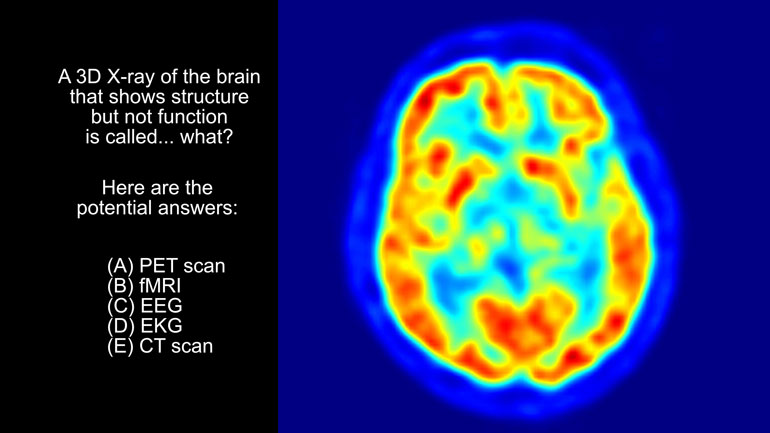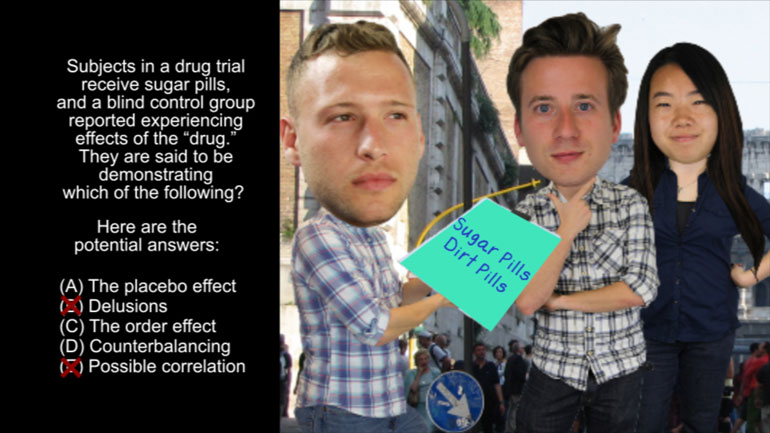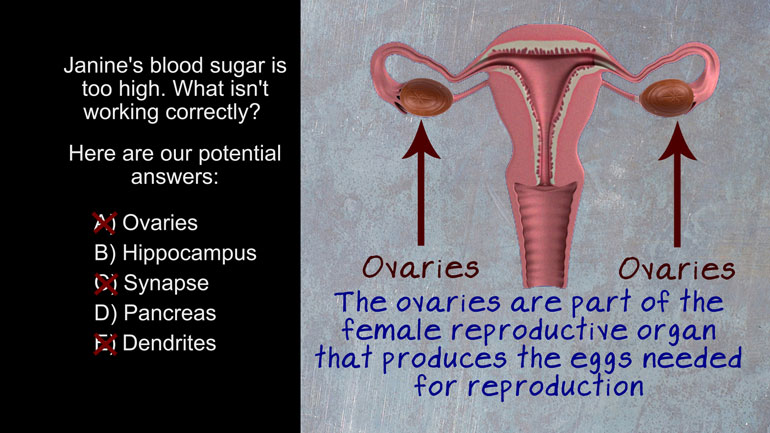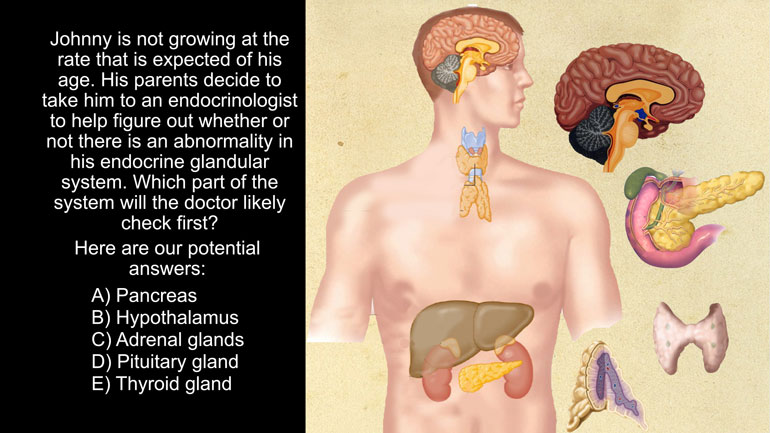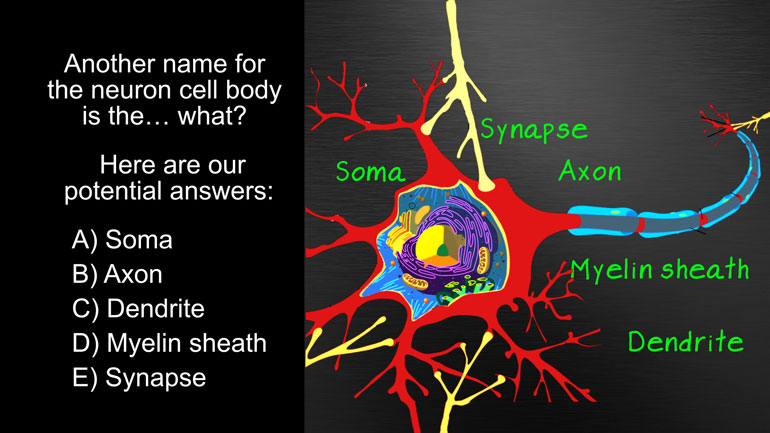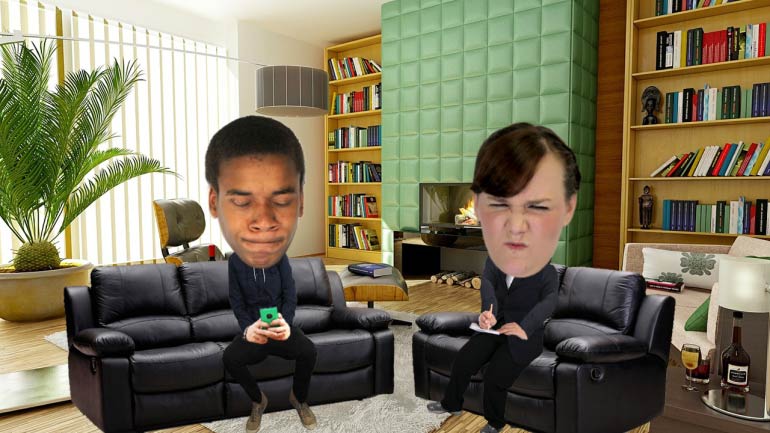ShmoopTube
Where Monty Python meets your 10th grade teacher.
Search Thousands of Shmoop Videos
AP Psychology Videos 162 videos
AP Psychology 1.1 Social Psychology. Which of the following best describes social psychology?
AP Psychology 1.1 States of Consciousness. Who conducted research on REM sleep deprivations?
AP Psychology 2.2 Social Psychology. Which of the following was an independent variable manipulated in Asch's research?
AP Psychology 1.4 Sensation and Perception 17 Views
Share It!
Description:
AP Psychology 1.4 Sensation and Perception. Who was the researcher that determined this?
Transcript
- 00:00
here's your shmoop du jour brought to you by bell bottom jeans.
- 00:07
early design sketches also included whiffle's but we're deemed too clunky.
- 00:11
bell bottom. alright here's today's question research conducted in the 1960s [man in baggy jeans frowns]
- 00:16
and 1970s led to the understanding that the physical power of a stimulus ie how
- 00:22
loud a sound is- is related to our perception of the magnitude of that
Full Transcript
- 00:27
stimulus. researchers that determined this was puma .and here are the potential
- 00:33
answers. alright let's run down what each researcher was best known for. starting
- 00:39
with Fechner. gustav fechner was a german philosopher physicist and psychologist
- 00:45
best known as an early pioneer of Experimental Psychology. fechner was
- 00:49
credited with introducing the median into formal data analysis developing the
- 00:54
fechner color effect- an illusion that causes people to see color when looking
- 00:58
rapidly moving black and white patterns as well as producing the Weber Fechner
- 01:03
law which combines his own work with that of Ernst Heinrich Weber. yeah.
- 01:09
unfortunately the fetch new color illusion doesn't work on computer screen
- 01:13
so showing it to you would be pointless. try to contain your disappointment there.
- 01:16
anyway. Ernst was along with spatula another key founder of
- 01:20
Experimental Psychology and psychophysics often working with [Fetchner and Weber pictured]
- 01:23
sensation and touch. well the Weber Fechner law was a proposed relationship
- 01:28
between the magnitude of the physical stimulus and entity or strength that
- 01:31
people feel. sounds a lot like the question huh? I'm sure it could work that
- 01:35
is if Weber-fechner who actually work in the sixties and seventies and not
- 01:39
when they actually worked which was in the 19th century. going cross out a and
- 01:44
c. our next choice Leon Fetchner. he at least fits the time period he was born
- 01:49
in nineteen nineteen and died in 1989. unfortunately for us he was a social
- 01:54
psychologist best known for his social comparison theory as well as his work in
- 01:58
cognitive dissonance. while focusing on the latter for a second. festinger [social comparison theory explained]
- 02:03
believe that humans strove for internal consistency, so when two conflicting
- 02:08
ideas creating the internal tension within someone, for example they know
- 02:12
smoking gives you cancer but continue smoking
- 02:14
anyway, they simply ignore the conflict all together in order to continue living
- 02:18
a happy life. everyone owes cognitive dissonance a bit of us thank you because
- 02:23
without it we probably wouldn't be able to have our weekly pizza and ice cream
- 02:26
parties without breaking down and sobbing afterwards. we all get fat
- 02:29
and bad stuff they put in our bodies. great research but not our answer. well
- 02:34
Georg Ilyas ruler was another significant German psychologist renowned
- 02:39
for his work on a phenomenon called retroactive interference, which describes
- 02:44
when newly learned information causes us problems recalling old information. it's [man peers thoughtfully at the sky]
- 02:50
like if you were in the middle of learning Spanish but took a year abroad
- 02:53
in rome to learn italian when you return to your spanish class you'd probably
- 02:57
find yourself slipping into italiano which is not muy bien that's retroactive
- 03:02
interference. interesting yes but not the answer we're looking for when cross out
- 03:06
e the actual answer we're looking for is s. s Stephens. he's best
- 03:13
known Stephens power law. it's very similar to the vember Fechner law but
- 03:17
it's considered superior since it describes a wider range of sensations. it
- 03:21
was also developed in the 60s and 70s so it fits just as well as our
- 03:25
bell-bottom jeans. Fetchner-weber have ever laid the foundations for the theory that the
- 03:30
larger the magnitude of a stimulus the larger the just noticeable difference. [field of sunflowers]
- 03:34
take 20 watt light bulb in a 40 watt light bulb. they looks very different
- 03:38
because one is twice as powerful as the other, but if you were to take 140 watt and
- 03:42
160 watt light bulb now they look more or less the same even though they're
- 03:46
just is different numerically, as the 20 and 40 watt bulbs their work was great
- 03:52
but it fell short once you got into extreme values and also failed to cover
- 03:55
many different kinds of stimuli. Stephens improve the theory by introducing an
- 03:59
exponential function to the complex equation and we're not even going to try
- 04:02
and tackle here. ultimately he filled the holes left by previous theorists. so b is
- 04:07
the answer we're looking for B is in bell bottom blues, if we only had a handy
- 04:11
whistle we can blow it in celebration. dare to dream bell bottom blues make me [ man with bells and whistles attached to jeans]
- 04:18
cry.
Related Videos
AP Psychology 2.2 Social Psychology. Which of the following was an independent variable manipulated in Asch's research?
AP Psychology 1.1 Personality. According to Freud, these three parts of personality are constantly in conflict.
AP Psychology 1.1 Sensation and Perception. The process by which the brain can turn sensory stimuli from the outside world into electrical signals...
AP Psychology 1.1 Social Psychology. Which of the following best describes social psychology?
AP Psychology 1.1 States of Consciousness. Who conducted research on REM sleep deprivations?


